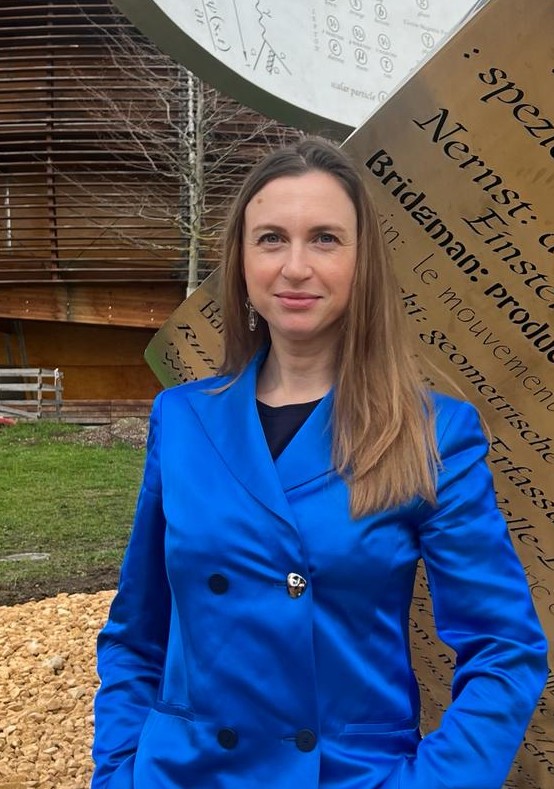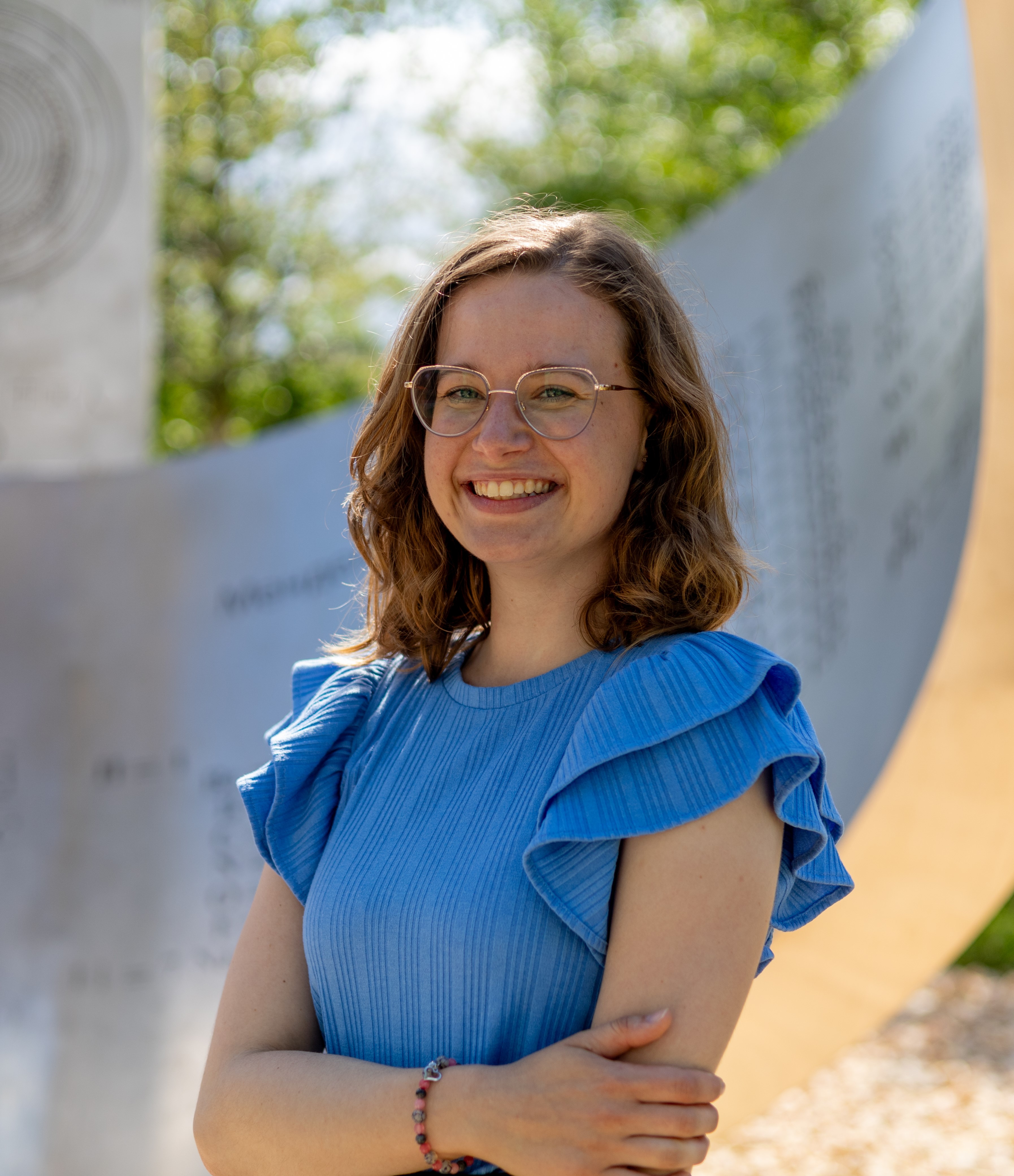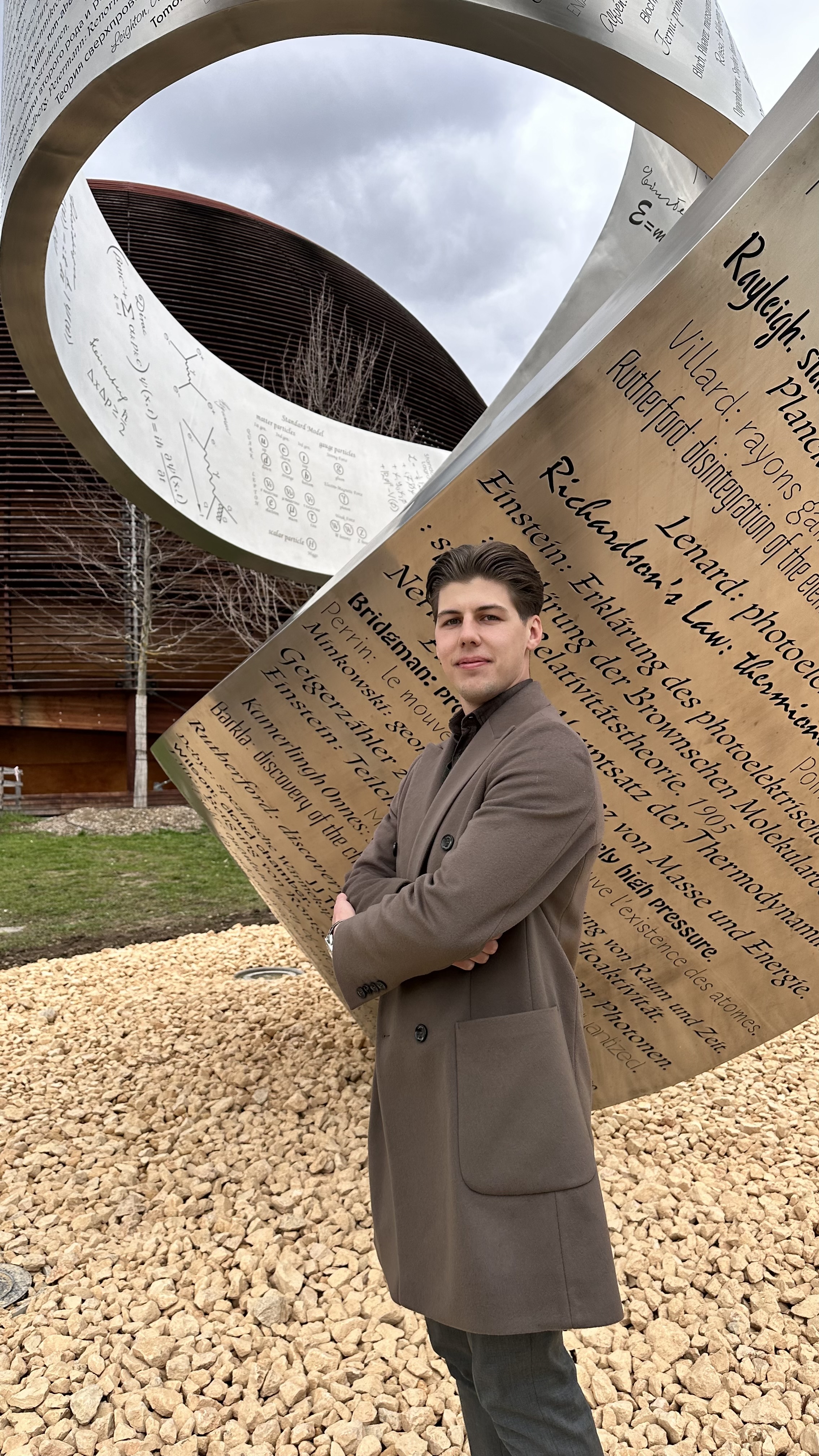Meet your coordinators

|
Anastasija, working in the Human Resources Department, is taking care of the CERN Member and Associate Member State Students.
|
 |
Tereza is an Administrative Student in the Human Resources Department and is helping Anastasija with the CERN Member and Associate Member State Programme.
|
 |
Ernest, a fellow in the International Relation sector, is responsible for students coming from CERN Non-Member States.
|
|
|
How did it all begin?
It was in 1962, when Victor Weisskopf was CERN director-general, that the laboratory’s summer student programme began. CERN’s administrative services division introduced the scheme as an offshoot of the fellows and visitors programme. The idea was to awaken the interest of undergraduates in CERN’s activities by offering them the chance of hands-on experience during their long summer vacation. Member-state delegations were asked to sound out potentially interested institutions in their home countries, and work began at CERN to identify activities for the incoming students. The idea met with some scepticism at first about the usefulness of inexperienced youngsters joining experiments for just a few weeks, but enough places were found for the scheme to begin. Some 500 applications were received in the first year, and 70 students were selected.
Applicants were sorted according to their declared interests, and CERN team leaders made their selections on the basis of recommendations from the students’ home institutes. Those selected came to CERN for 6-8 weeks, with travel and a daily stipend paid. Geneva University offered to house some of them in its student accommodation, while others were housed in the laboratory’s temporary barracks, which finally closed for business in the mid-1990s.
Many of the newcomers worked hard during their stay, covering for holiday absences. Others, however, found themselves with time on their hands. Because of this, the summer students’ lecture programme was started. This soon developed into a major activity, with physicists of Weisskopf’s calibre regularly giving lectures. Today, it is not unusual to see more experienced physicists sitting next to their undergraduate counterparts in the laboratory’s auditorium, brushing up on the basics.
For many alumni of the summer student programme, their stay at CERN was the first step on the ladder of a successful career in physics. David Plane, for example, was a summer student in the first year of the programme, and went on to become spokesman of the OPAL collaboration that studied collisions in CERN’s electron-positron collider, LEP. Distinguished Norwegian physicist Egil Lillestøl is another who can trace his career back to the programme.'
Source © CERN 2001-2020 - CERN Publications, IR-ECO-CO
Over the years, the summer student programme has flourished. In 2019, CERN welcomed 154 students from CERN Member and Associate Members States and 142 students from CERN Non-Member States. In addition, over the years a new computing focused summer student programme was formed, the CERN openlab summer student programme, which welcomed 41 students in 2019.
